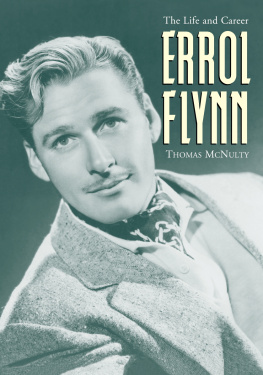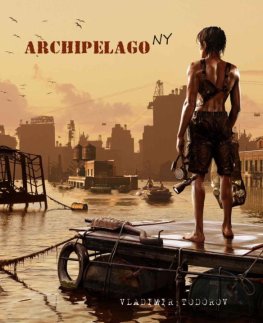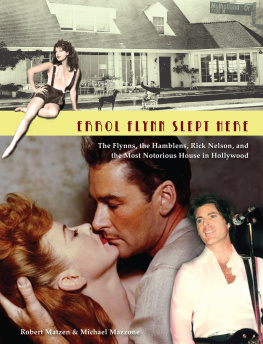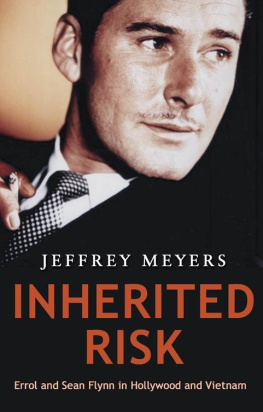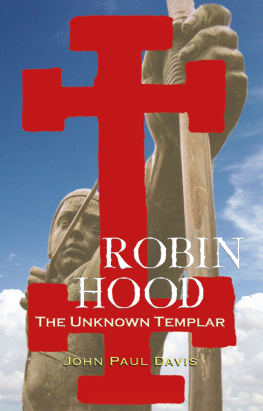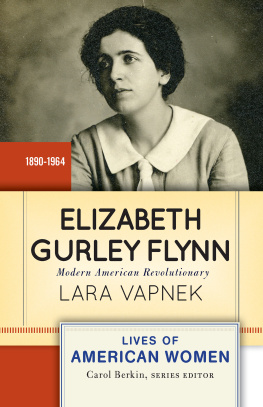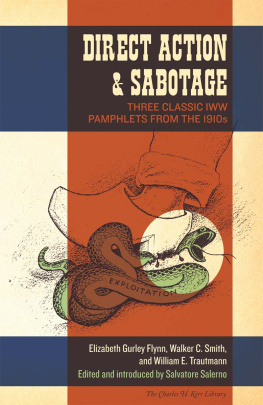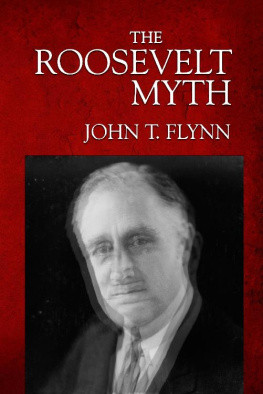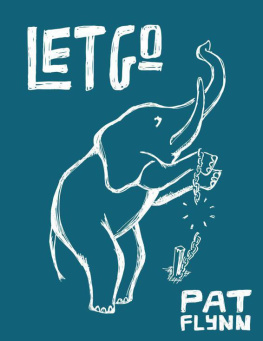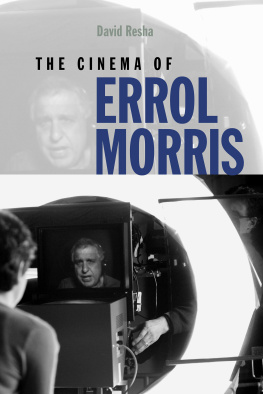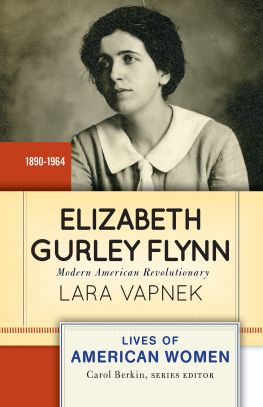
Errol Flynn
The Life and Career
THOMAS MCNULTY

McFarland & Company, Inc., Publishers
Jefferson, North Carolina
LIBRARY OF CONGRESS CATALOGUING DATA ARE AVAILABLE
BRITISH LIBRARY CATALOGUING DATA ARE AVAILABLE
e-ISBN: 978-1-4766-0972-0
2004 Thomas McNulty. All rights reserved
No part of this book may be reproduced or transmitted in any form or by any means, electronic or mechanical, including photocopying or recording, or by any information storage and retrieval system, without permission in writing from the publisher.
Cover photograph:Errol Flynn (Paul M. James collection)
McFarland & Company, Inc., Publishers
Box 611, Jefferson, North Carolina 28640
www.mcfarlandpub.com
To Trudy McVicker
and to the memory of
Paul M. James
Invariably a proficient in his perilous calling, he was also more or less of a mighty boxer or wrestler. It was strength and beauty. Tales of his prowess were recited. Ashore he was the champion, afloat the spokesman; on every suitable occasion always foremost. Close-reefing topsails in a gale, there he was, astride the weather yard-arm-end, foot in the Flemish horse as stirrup, both hands tugging at the earing as at a bridle, in very much the attitude of a young Alexander curbing the fiery Bucephalus. A superb figure, tossed up as by the horns of Taurus against the thunderous sky, cheerily hallooing to the strenuous file along the spar.
Herman Melville, Billy Budd
This is one of the outsiders worst dilemmas: to feel the whole being groaning for some emotional satisfaction, some solid reality to touch, and to feel the reasoning faculty standing apart, jeering at the possibility of satisfaction and discouraging its approach.
Colin Wilson, The Outsider
Since men first went venturing upon the ocean, it has been well known that sailors returning from places no landlubber ever sees will tell tales of the sea and ships, of other people and other lands, of portents and monsters. After his hardships and dangers, the mariner enjoys being the center of a circle of admiring or spellbound listeners. Besides, they might even reward the storyteller with drink or food.
Peter Freuchen, Book of the Seven Seas
Preface
To moviegoers Errol Flynn will always be Robin Hood striding defiantly into Nottingham Castle with a deer slung across his shoulders, a proud rebel with the audacity to question authority. On the screen he thrilled us as a pirate captain, dueling with the ease and grace of a dancer, a mischievous smile playing on his lips. He radiated the confidence of a man who knows he cannot lose. There was a sense of defiance about him. He conveyed these things with a faint smile, by the confident way he stood, the expressively cocked eyebrow, or the knowing glint in his eye. Perhaps he was so convincing in his heroic roles because he could, in fact, imagine himself as Robin Hood and Peter Blood and Geoffrey Thorpe, and there was a world-weary wistfulness in his performance as Don Juan that was more than convincingthat was Flynn.
This book follows the remarkable arc of Errol Flynns tumultuous life, but it is not meant to be a revisionist biography, although there is new information. I have attempted to correct some distortions in regard to the public perception of Flynn. For many, the fact that he worked hard to make his films successful throughout his career will come as a surprise. Readers unfamiliar with the details of his life will discover his keen intellect, his passion for art, and his thirst for knowledge. The impressions I have gathered in my research are remarkably diverse and often contradictory. They bring to mind the image of a crystal with many facets, each one solid and permanent yet forever changing as the light and the point of view shifts.
But there will be gaps and omissions and I cannot claim that this book is definitive. I regret the unavailability of certain family members and close friends. I console myself with the knowledge that perhaps no single volume can do justice to a man as complex as Flynn. Readers familiar with the details found in this account are encouraged to allow themselves some nostalgic moments. I envy those who are discovering Errol Flynn for the first time. In the coming pages you will encounter one of the most fascinating men of the twentieth century.
The contents of this book are factual. The quoted statements by Errol Flynn and others are taken from published sources, private letters, and unpublished journals. I conducted interviews with Flynns friends and co-workers whenever possible, and their comments helped clarify many incidents discussed here. I also consulted a wealth of public documents. Nothing here has been fabricated.
Watching Flynns films again was enjoyable, and if this book can accomplish anything I hope it is a renewed interest in his film career and perhaps even the scholarly appreciation and critical acceptance he so richly deserves. While watching the films and writing about them was agreeable, certain aspects of his life were disquieting. I did not enjoy reviewing the sordid pages of the FBI file, but an objective, scholarly study such as this required that I do so. Flynn is to be admired for his substantial contribution to film history as well as for those personal qualities that keep us interested in him, such as his personal courage and his honest and unabashed approach to life, but we must also accept him as a man with the faults and shortcomings that are common to us all. We may not condone some of his behavior, but we can learn much by understanding him. I do not judge Flynn, and like most of his fans, I feel a fascination and appreciation for his complexity as a man, as well as an admiration for his screen persona. I cannot help but admire his reckless determination to live life to the fullest.
Sifting through half a century of gossip and the endless stream of magazine innuendo was no enviable task. The facts are often conflicting. This book is essentially a work of cultural anthropology and is necessarily laced with critical analysis, historical background, and character studies. I intended to place Flynns life and career in its proper historical context in order to better understand the cultural influence of his image as a swashbuckler, a cowboy, and a war hero. His life was at times filled with extraordinary adventure, and in his early career there were times when he was genuinely happy. His creativity burned brightly. He wrote two books and numerous articles and turned in many great performances as an action hero. His tumultuous marriages, his affairs, the 1943 rape trial that altered his life, the travels on his yacht, and his brawls and boozing provided reporters with the copy they needed to sell their stories. But Flynns final image as that of a pathetic caricature of himself has the essence of tragedy. According to The Webster Dictionary of Names, Errol derives from Latin and means wandering, an uncannily appropriate association.
Earl Conrad, who assisted Flynn on My Wicked, Wicked Ways, has this to say in his book Errol Flynn: A MemoirNo one else I ever met contained the essence of enigma in human form as did the celebrated actor-cavorter. Conrad concluded that Flynn was the proportion of those heroes who have shadowed the world, leaving us a book, a statue, a legend, a tale, some unbelievable thing: adding to the concept of The Fable that is man, helping explain us to ourselves.
Next page
